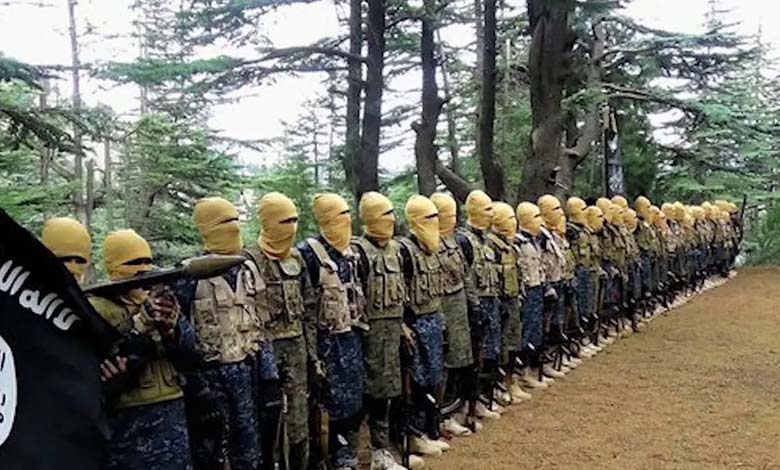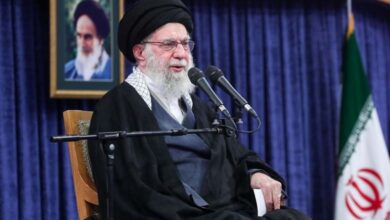Report: Al-Qaeda reorganizes its ranks in Afghanistan through secret efforts… How?

Despite more than a year and a half passing since the killing of the former leader of the organization, Ayman al-Zawahiri, a report published by the Long War Journal website reveals that the organization continues to expand its activities in Afghanistan by establishing training camps and exerting control over religious schools.
A committee of experts affiliated with the United Nations stated in a new report that the threat posed by Al-Qaeda and ISIS and their affiliated groups “remains high” in conflict areas in Afghanistan and the African continent, with threat levels increasing in some regions, including Europe.
The committee mentioned in the 23-page report that the relationship between the leaders of the Afghan Taliban movement and Al-Qaeda “remains close,” as reported by “Al Arabiya Net.” The experts, in the report presented to the United Nations Security Council covering the period up to December 16, 2023, and distributed on Wednesday, stated that the greatest threat within Afghanistan “still comes from ISIS with its ability to expand within and beyond the region.”
Regionally, the experts pointed out a series of attacks in neighboring Iran and Pakistan, as well as threats in Central Asian countries.
The committee stated: “However, despite no resurgence of any Al-Qaeda-affiliated groups’ capabilities to launch operations in distant areas, they have global ambitions, and information has been obtained indicating secret efforts to rebuild their military capabilities.”
ISIS separated from Al-Qaeda over a decade ago, attracting supporters from around the world. Despite its defeat in Iraq in 2017 and later in Syria, two years later, the committee stated that the combined strength of ISIS in both countries still ranges between 3,000 and 5,000 fighters.
The experts mentioned that these militants “are carrying out low-intensity insurgency with secretive terrorist cells in Iraq,” while their attacks intensified in Syria since last November.
The committee stated that the delay of three months in announcing the current ISIS leader, Abu Hafs al-Hashimi al-Qurayshi, following the death of his predecessor “the Unknown” during combat, “is an indicator of internal difficulties and security challenges facing the organization.”
The experts mentioned that some member states of the United Nations, not named, assessed that the severe pressures resulting from counter-terrorism operations in Syria and Iraq increase the likelihood of ISIS transferring its leadership and “center of gravity” to Afghanistan and Africa, with Africa being more probable.
The committee stated that in West Africa and the Sahel region, “violence and threats are escalating again” in conflict areas, raising concerns among UN member states.
The experts referred to “the inadequacy of counter-terrorism capabilities,” which ISIS and Al-Qaeda-affiliated groups continue to exploit. They added that “the situation has become more complex than ever before with the intertwining of ethnic and regional conflicts and the agendas and operations of these groups.”












